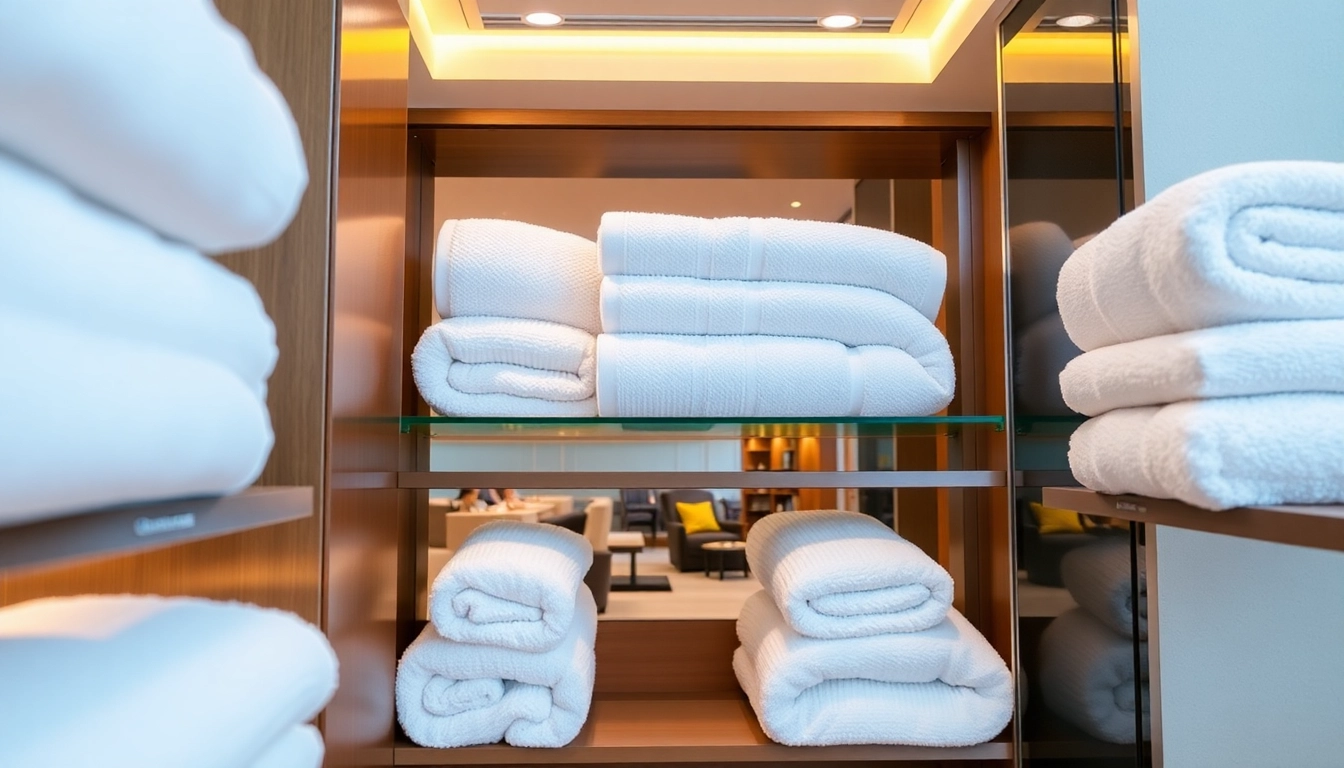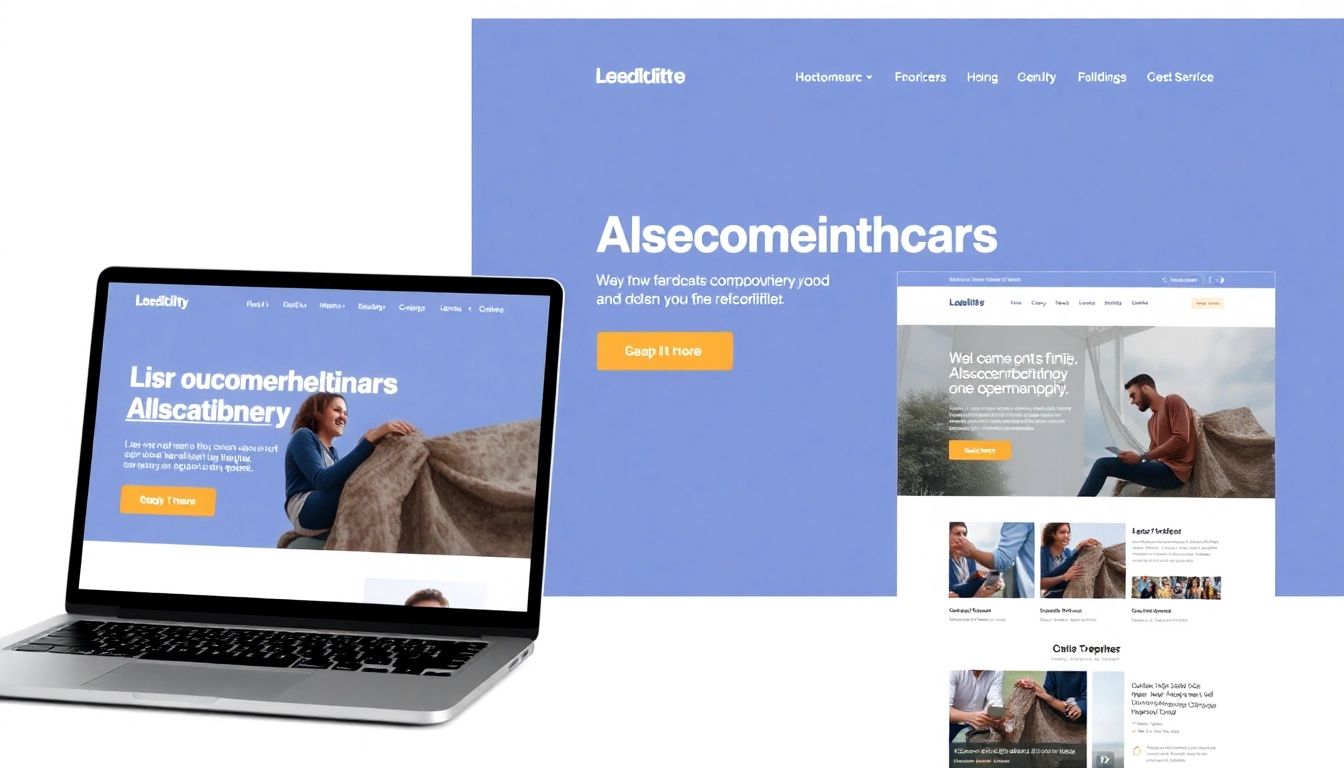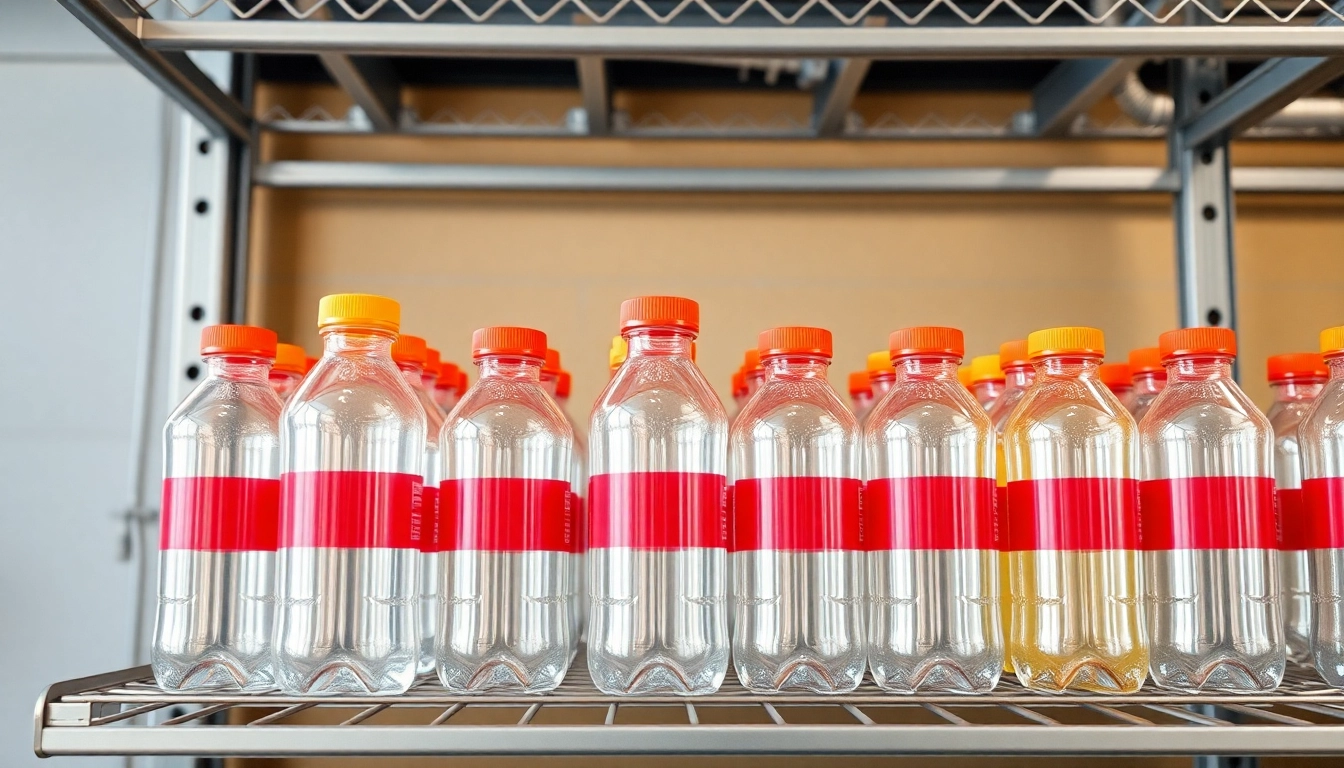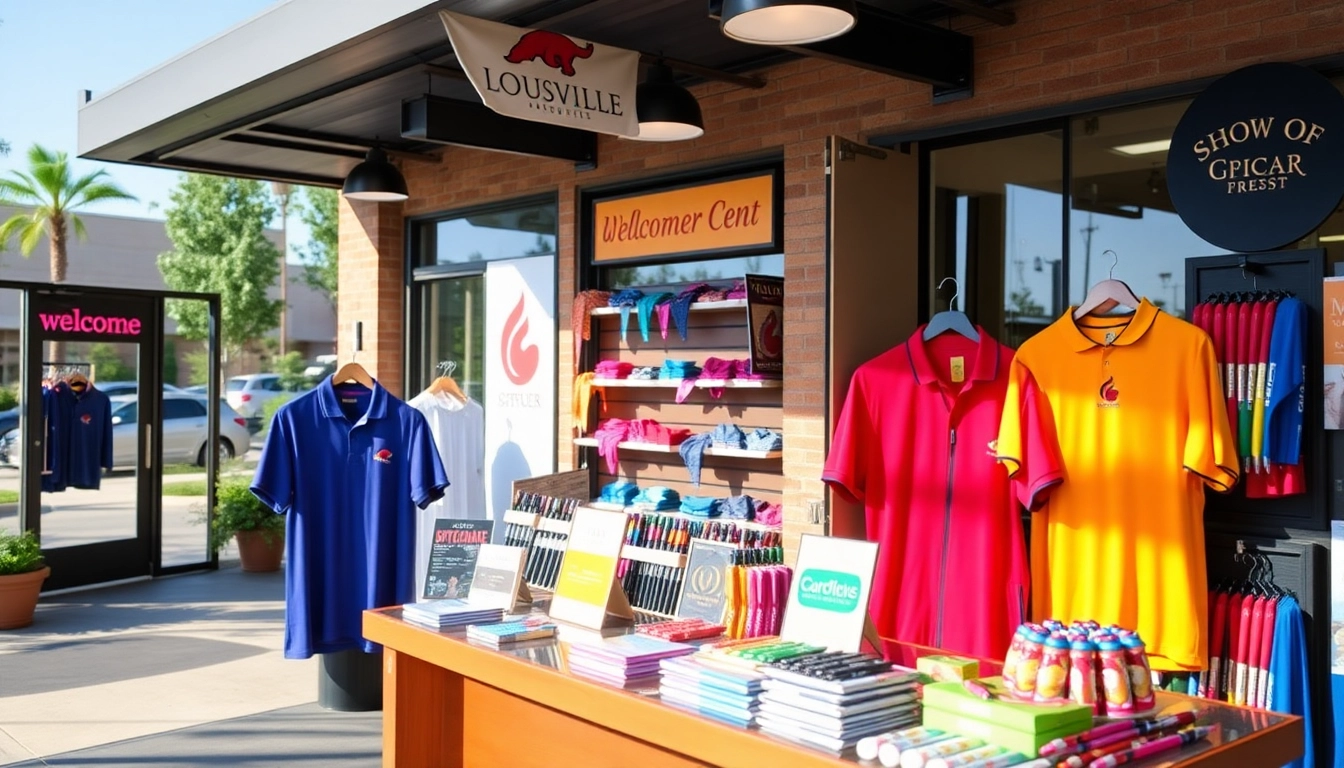Understanding the Role of a Hotel Towel Supplier in the Hospitality Industry
In the highly competitive world of hospitality, every detail counts — from the impeccable service to the luxurious amenities offered to guests. Among these amenities, hotel towels play a critical role in shaping guest perceptions and satisfaction. A reliable Hotel Towel supplier serves as the backbone for hospitality businesses by providing high-quality, durable, and aesthetically pleasing towels that meet both functional and branding needs. The choice of supplier influences not only operational efficiency but also the overall guest experience, making it a decisive factor for hoteliers aiming to uphold standards of excellence.
Key qualities that distinguish top hotel towel suppliers
Leading hotel towel suppliers are characterized by their commitment to quality, consistency, and innovation. They prioritize sourcing premium materials like combed cotton or plush velour textiles, ensuring towels are ultra-absorbent, soft, and long-lasting. Industry leaders also maintain rigorous quality control protocols, from fiber selection to manufacturing processes, guaranteeing every batch meets defined standards. Moreover, top suppliers exhibit flexibility in customization options, allowing hoteliers to align towels with their brand identity through logos, colors, and unique designs.
Market trends shaping hotel towel procurement
The industry is witnessing a shift toward sustainable and eco-friendly textiles. Hotels increasingly seek towels made with eco-conscious dyes and environmentally sustainable production methods to meet guest expectations for responsible hospitality. Additionally, technological advancements such as quick-dry fabrics enhance operational efficiencies by reducing drying times and laundry costs. The demand for luxurious, plush towels with high GSM (grams per square meter) continues to grow, driven by consumers’ desire for comfort and quality. Lastly, customization and branding have become essential, with hotels integrating their logos on towels to reinforce brand identity.
How towel suppliers influence guest satisfaction
High-quality towels directly impact how guests perceive a hotel’s attention to detail and comfort. Softness, absorbency, and durability determine guest comfort during their stay and affect reviews and repeat bookings. Suppliers that provide consistent quality and timely delivery enable hotels to maintain a premium experience. Moreover, eco-friendly options appeal to environmentally conscious travelers, enhancing the hotel’s reputation. Ultimately, a trusted towel supplier acts as a partner in elevating guest satisfaction and reinforcing brand loyalty.
Choosing the Right Hotel Towel Supplier: Factors and Best Practices
Evaluating product quality and material options
The foundation of a successful partnership lies in assessing the quality of towels offered. Materials like 100% combed cotton provide softness, excellent absorbency, and durability, making them ideal for high-end establishments. Consider GSM ratings: towels with a GSM of 450-650 are typically plush and absorbent enough for luxury hotels, while lower GSM options may be suitable for budget properties. Testing samples for softness, absorbency, and colorfastness is essential before bulk orders. Suppliers with transparent sourcing and manufacturing processes add additional confidence.
Assessing customization and branding capabilities
Custom branding helps hotels differentiate themselves and provide a cohesive guest experience. Leading towel suppliers should offer options for logo embroidery, screen printing, or woven labels. Minimum order quantities (MOQs) and lead times vary significantly among providers; understanding these factors aids in planning branding campaigns effectively. Discussing flexibility for seasonal or promotional designs is also beneficial. Successful case studies—such as boutique hotels integrating their logos into towels—demonstrate how customization elevates brand recognition.
Supply chain reliability and certification standards
Consistent supply and timely delivery are vital to avoid operational disruptions. Reputable suppliers maintain robust logistics networks and inventory management systems. Certifications such as OEKO-TEX, ISO 9001, or GRS (Global Recycled Standard) reflect adherence to safety, quality, and sustainability standards. Verifying suppliers’ compliance provides assurance of responsible manufacturing practices, aligning with the growing consumer demand for environmentally responsible hospitality.
Top Features to Look for in Hotel Towels from a Trusted Supplier
Fabric composition and GSM for durability
The fabric composition largely determines the towel’s performance. While pure cotton offers excellent absorbency and softness, blends with polyester can enhance durability and quick-drying properties. The GSM indicates fabric density; higher GSM (e.g., 600+) implies a thicker, more plush towel capable of absorbing more water, ideal for luxury settings. A balanced choice tailored to the hotel’s service level ensures optimal guest satisfaction.
Absorbency, softness, and quick-drying attributes
Towels should provide a tactile sense of luxury while being practical. Absorbency is critical for guests’ comfort; this is influenced by fiber quality and weave density. Softness is equally important, promoting a cozy experience. Quick-drying fabrics reduce laundry times and operational costs. Advanced weaving techniques and fabric treatments, such as enzyme washes, can enhance softness and drying efficiency, delivering superior product performance.
Eco-friendly dyes and sustainable manufacturing practices
Sustainable towels resonate with environmentally conscious consumers. Suppliers adopting eco-friendly dyes, utilizing organic or recycled fibers, and employing low-impact manufacturing techniques demonstrate a commitment to sustainability. These practices not only reduce environmental footprints but also serve as compelling marketing points for eco-centric hotel brands.
Integrating Your Brand with Custom Hotel Towels
Design options for branding and logo placement
Customization extends beyond color and fabric choice; it includes strategic branding methods like embroidered logos, woven labels, or printed designs. Embroidery offers a premium look, suitable for upscale hotels, while screen printing allows for vibrant, intricate designs. Woven labels provide a subtle branding touch. Working closely with your supplier ensures that your branding is executed with excellence, aligning with brand identity standards.
MOQ requirements and lead times
Understanding supplier MOQ policies helps plan procurement efficiently. Premium suppliers often require minimum orders of several hundred towels, which can be advantageous for bulk needs. Lead times vary from a few weeks to several months depending on complexity and customization options. Early planning, especially for rebranding initiatives or new property launches, mitigates delays and ensures timely delivery.
Case studies of successful branding implementations
For example, a boutique hotel chain integrated their logo onto hotel towels using high-quality embroidery, boosting brand visibility and guest recall. The consistency in branding across amenities reinforced their luxury image and garnered positive reviews. Such initiatives demonstrate how strategic branding on towels enhances overall marketing and guest experience.
Ensuring Quality and Consistency: Working Effectively with Your Hotel Towel Supplier
Sample approvals and quality control measures
Establishing a process for sample approval is crucial. Request detailed fabric and embroidery samples before bulk production, and verify color fidelity, texture, and branding precision. Regular quality inspections during manufacturing help detect issues early. Many suppliers implement ISO-certified quality control systems, ensuring each batch meets the prescribed standards.
Communication strategies for ongoing partnership
Clear, consistent communication fosters a successful supplier relationship. Use detailed specifications, project timelines, and feedback loops to ensure mutual understanding. Maintaining a dedicated vendor management system or point of contact minimizes misunderstandings and streamlines order processing.
Handling logistics, delivery, and post-sale support
Efficient logistics management minimizes downtime and stock shortages. Reputable suppliers provide tracking, flexible delivery options, and post-sale support for replacements or problem resolutions. Building a collaborative relationship ensures quick response times and continuous supply chain stability, critical for hospitality operations.














